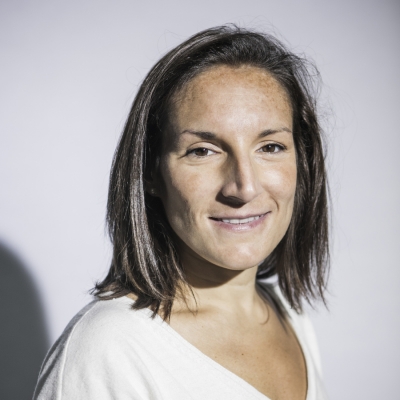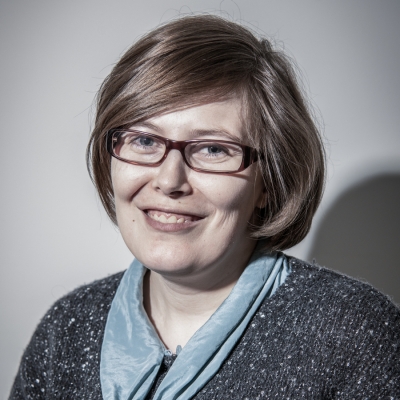Yes, it is still possible.
According to the guidelines of the Royal Federation of Notaries, all notarial deeds should be postponed as much as possible. However, there is an exception for urgent matters, such as the drawing up of a will of someone who is seriously sick. If necessary, the notary can travel for this purpose to the hospital or to the person's home.
From 20 April onwards, all notarial deeds, and not only urgent deeds, could be drawn up again as much as possible, to the extent that the safety regulations aimed at bringing together as few people as possible are strictly respected.
For the time being, the legal formal requirements have not yet been relaxed. Even if a person is sick and has been placed in quarantine, the notary and the two witnesses must be present in person throughout the whole process of the drawing up of the will. Working via videoconference is not possible.
A recent legislative proposal provides for a relaxation of the required presence of two witnesses or two notaries. Only in case one of the parties is unable to sign or cannot sign, or is blind or deaf, the presence of two witnesses remains required.
Also for the international will the presence of two witnesses remains required.
Then what is possible in the meantime? The testator can be separated from the notary and the witnesses by a glass wall during the drawing up of the will. They can even be in two different rooms, separated by a glass wall, as long as they can all see and hear each other during the drawing up of the deed (possibly by telephone).
In case of a notarial will, the witnesses can be replaced by a second notary. This is not possible in case of an international will.
In order to avoid too close physical presence when the will is finally signed, the testator may declare that he is unable to sign, given the quarantine in which he finds himself. This declaration then replaces the testator's signature. In this way, a notarial will and an international will can be drawn up without too close physical contact between the testator and the notary with his witnesses.
An international will may be preferable, because it goes faster. Moreover, the testator does not have to dictate his whole will, and it suffices to hand it over to the notary.
In the far-reaching case where no notary is willing to draw up your will, you could theoretically call upon a justice of the peace or an official of the municipality to draw up your will. Our Civil Code provides that these persons are also competent 'in a place where all traffic has been cut off due to a contagious disease'. Although it remains the question if and how this old rule can still be applied today.
If you have any questions on this subject, please contact the authors of this article.



